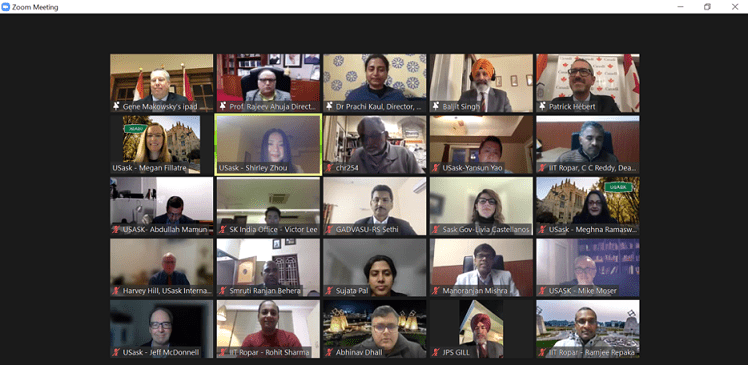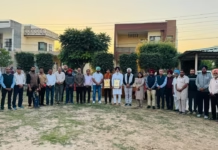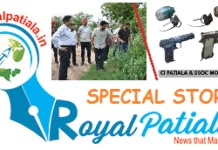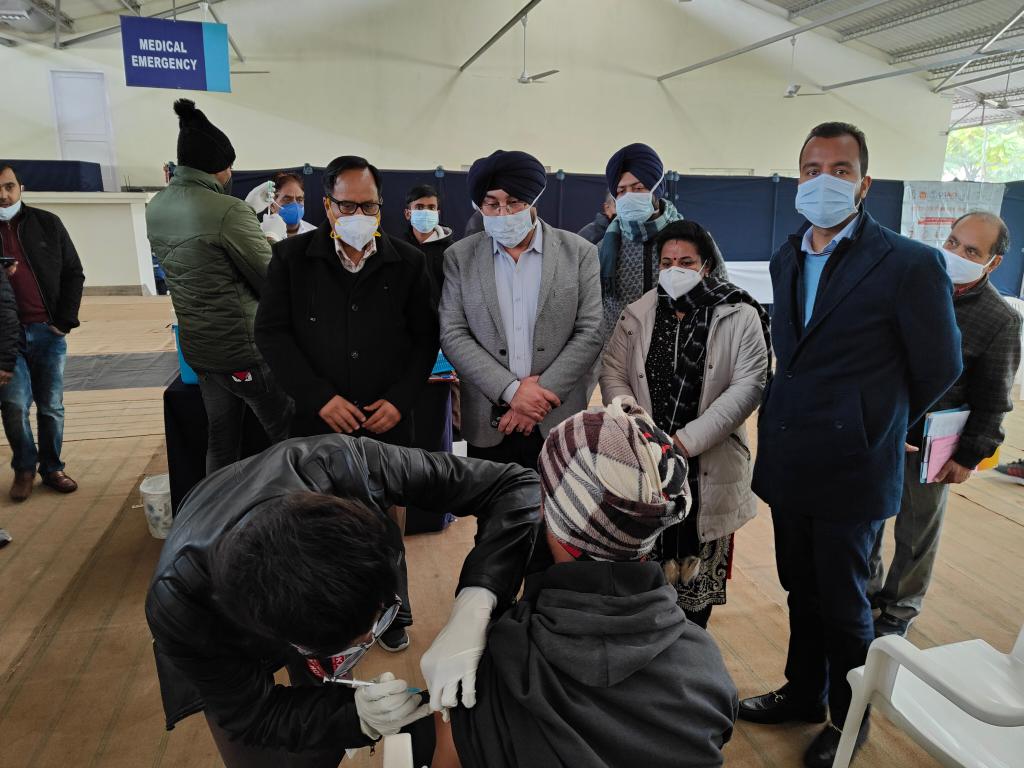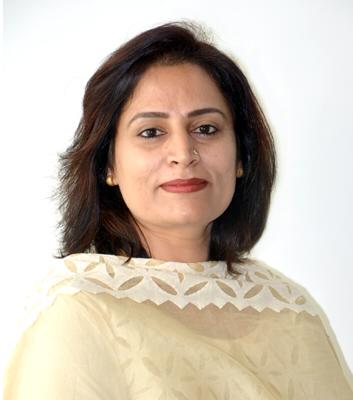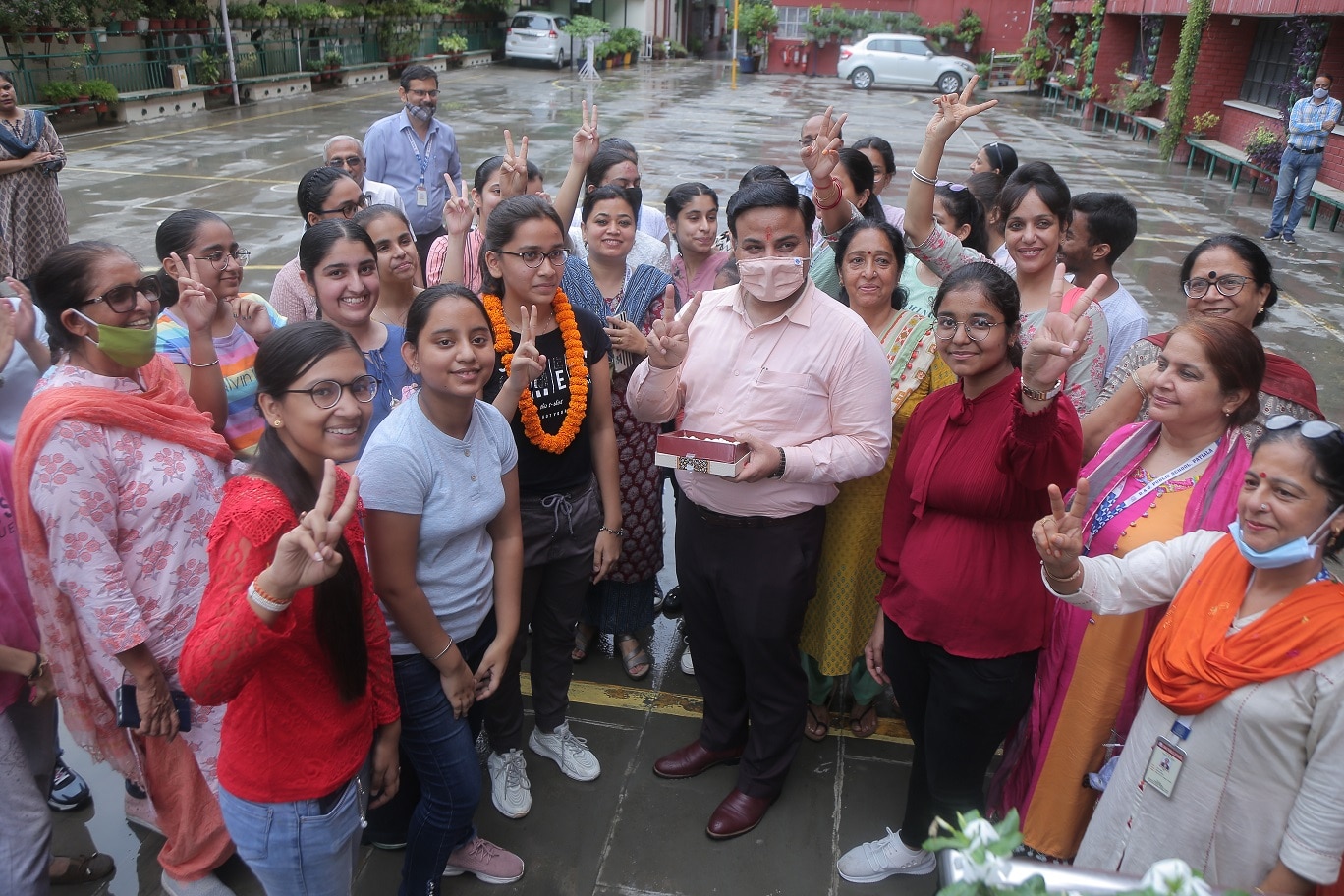IIT Ropar inks pact with university of Saskatchewan, Saskatoon, Canada
Bahadurjit Singh/ Rupnagar
Indian Institute of Technology Ropar (IIT Ropar) has organized the MOU signing ceremony with The University of Saskatchewan (USask). Due to the influence of the Covid-19 pandemic, the signing ceremony was held online with the participation of representatives of all parties.
The MOU signing ceremony has the honorary presence of Honorable Minister Gene Makowsky, Minister of SK Ministry of Advanced Education, Dr. Baljit Singh, Vice President Research, USask, Patrick Hébert, Consul General of Canada in Chandigarh, Le Li, Senior International Specialist, USask, Dr. Prachi Kaul, Director, Shastri Indo-Canadian Institute.
With regard to the representatives of the Indian Institute of Technology Ropar, the program has the special presence of the Professor Rajeev Ahuja, Director, IIT Ropar, Prof. C.C.Reddy, Dean International Relations, IIT Ropar, Prof. Manoranjan Mishra, Dean Faculty Affairs and Administration, Prof. Navin Kumar, Dean Research, IIT Ropar and Lagvish Malhotra, Joint Registrar, International Relations, IIT Ropar.
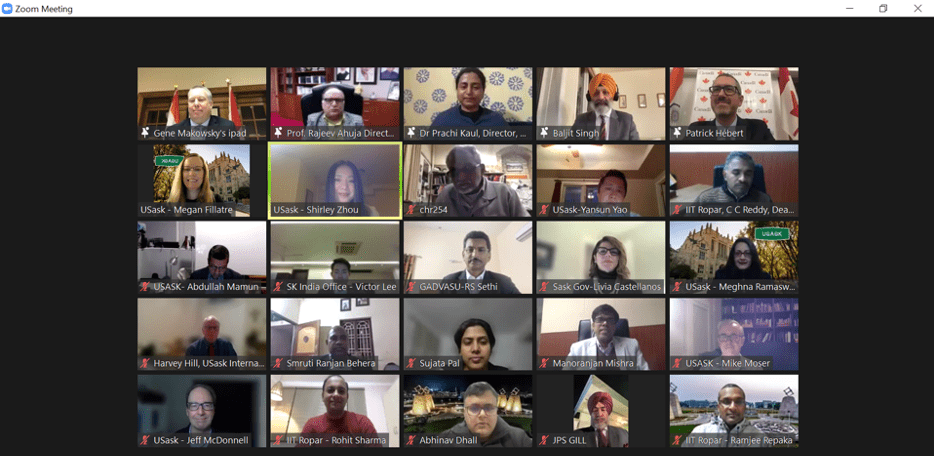
The MOU signing ceremony is considered as the milestone for developing strong partnership in order to accomplish the future achievements in the following areas:
- Exchanges and internships for students, faculty, and staff;
- Introduction of new curricula;
- Joint research projects;
- Exchange of publications and training materials; and
- Development of joint academic programming.
Divulging more, Prof. Rajeev Ahuja, Director, IIT Ropar said, “The agreement is aligned with the internationalization objective of the institute creating globally aware citizens through: the inclusion of international students and research collaborators; the promotion of student, faculty, and staff mobility; and the incorporation of local and global worldviews into our teaching and research.”
The MoU was followed by a workshop between faculty members of IIT Ropar and USask to explore the research areas and brainstorming sessions were carried out. The workshop was conducted in 4 different breakout rooms. A few research areas were Computer Vision, Environmental protection; Geoenvironmental engineering; Wireless Body Area Networks, Modeling and design of high-speed on-chip, Medical Education, Mechanics of sustainable composite materials etc.
January 25, 2022

